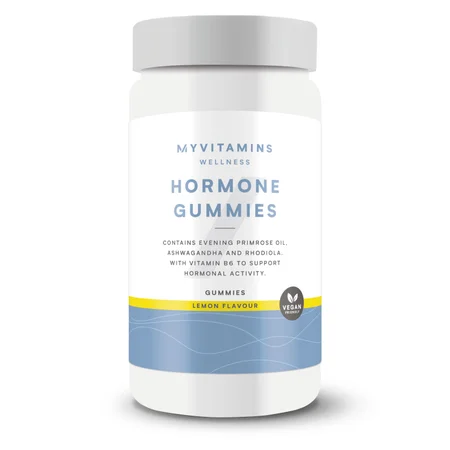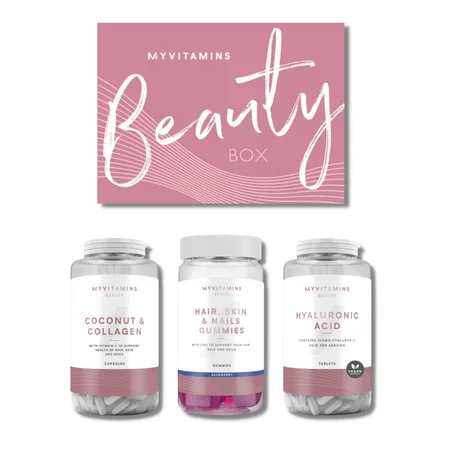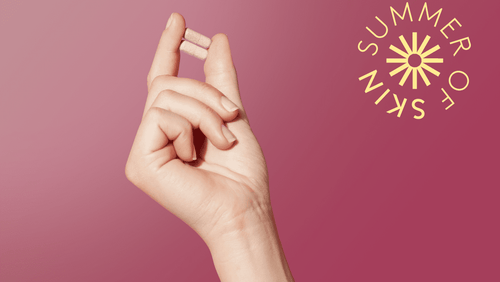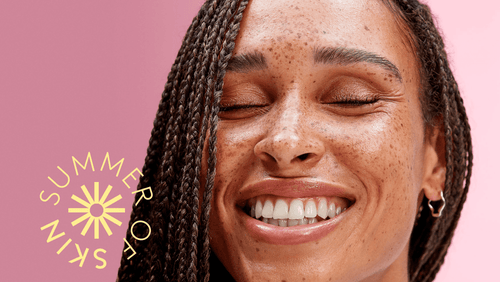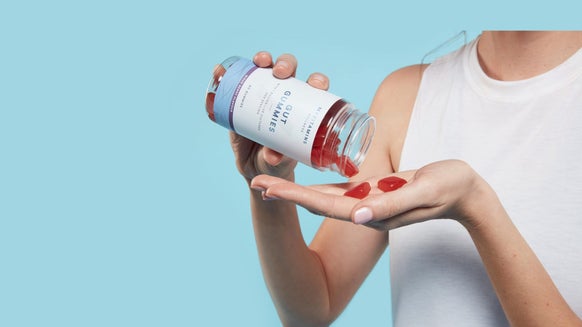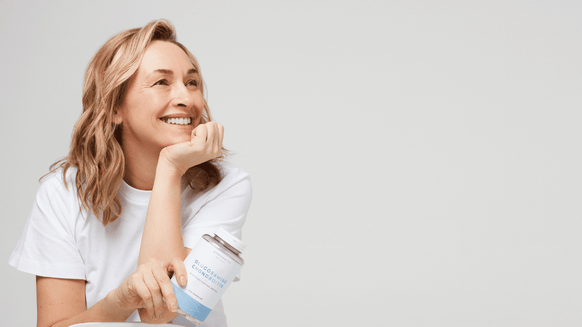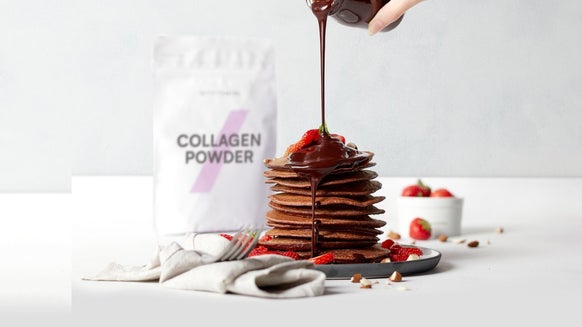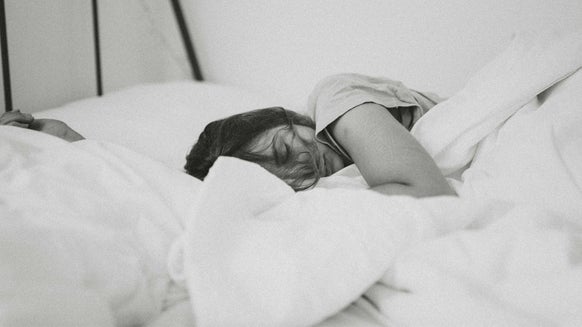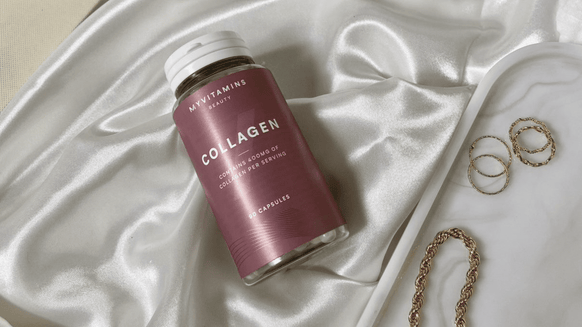Hormonal Acne: How Hormones Affect Our Skin | Summer Skin School
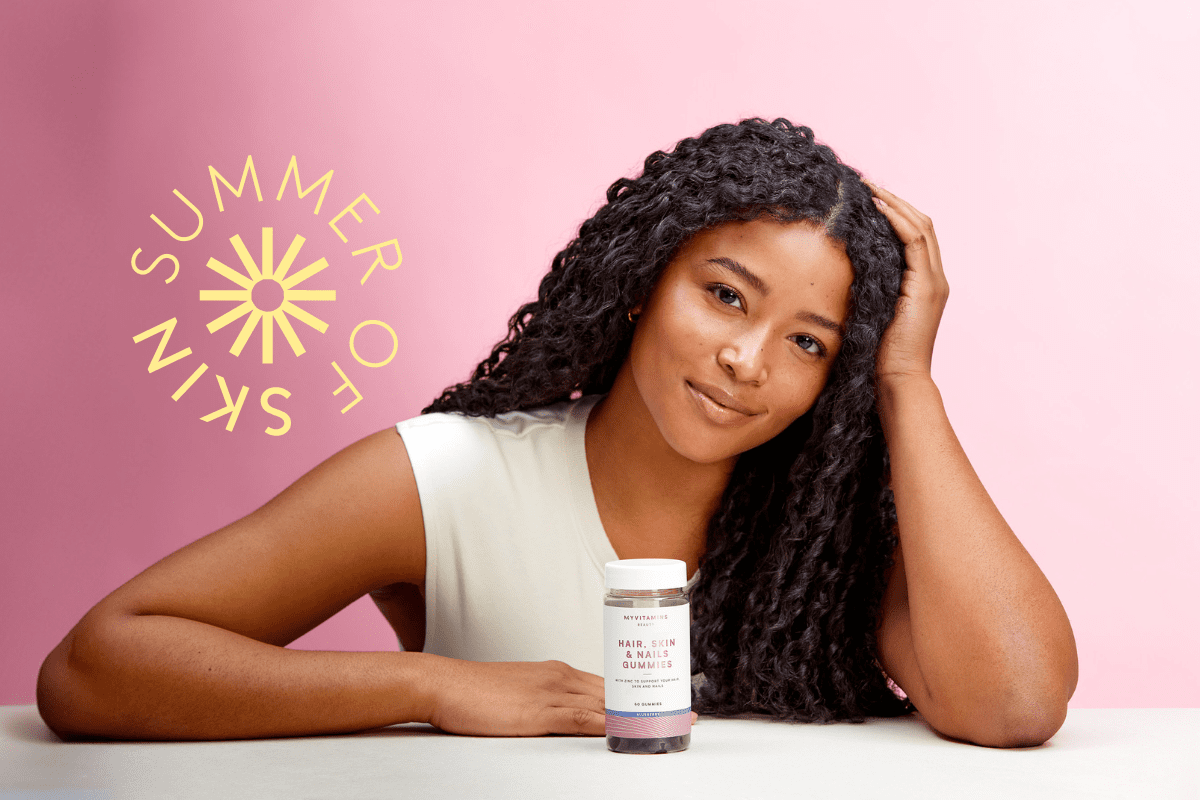
Acne is a common skin condition that affects people of all ages, but it can be particularly frustrating when it's caused by factors beyond our control. One of these factors is hormonal fluctuations, which can trigger breakouts at various stages of life.
Understanding how hormones impact your skin and learning to manage hormonal acne can make a significant difference to your skin health and overall wellness.
In this article, we cover how hormones affect our skin, what hormonal acne is, its causes, and natural treatments that can help manage the condition. By gaining insight into the relationship between hormones and acne, you can take proactive steps towards healthier skin.
- How do hormones affect our skin?
- What is hormonal acne?
- What does hormonal acne look like?
- What causes hormonal acne?
- Natural ways to help hormonal acne
- FAQs
How do hormones affect our skin?
Hormones play a crucial role in regulating various functions in our body, including our skin. Androgens, such as testosterone, are one of the primary hormones that influence our skin's behaviour (1).
These hormones can increase the production of sebum, the oily substance that lubricates our skin and hair. While sebum is essential for healthy skin, too much can lead to clogged pores and acne (2).
Oestrogen and progesterone, female sex hormones, also impact the skin, especially during different phases of the menstrual cycle, pregnancy, and menopause (3). For example, fluctuations in oestrogen levels can affect skin hydration, elasticity, and overall appearance.
On the other hand, cortisol, the stress hormone, can exacerbate acne by increasing inflammation and oil production (4).
What is hormonal acne?
Hormonal acne is a type of acne that’s mainly influenced by fluctuations in hormone levels. Unlike typical acne, which can be caused by a variety of factors including bacteria and clogged pores, hormonal acne is directly linked to changes in the body's hormone levels (5).
This type of acne is most common during puberty, menstrual cycles, pregnancy, and menopause, but it can also occur in response to stress and other hormonal imbalances (4, 6)
What does hormonal acne look like?
So how do you know that hormones are the cause of your acne?
Hormonal acne often appears in specific areas of the face and body where there are more hormone receptors. For example, breakouts are common on the lower part of the face, such as the jawline, chin, and neck. It may also appear on the back, chest, and shoulders.
Identifying hormonal acne involves looking at the timing and location of the breakouts. For example, if you menstruate you might notice an increase in acne flare-ups during different parts of your cycle, especially around the chin and jawline (3).
This type of acne is often deep and painful, distinguishing them from typical surface-level pimples.

What causes hormonal acne?
Hormonal acne can be triggered by various factors that lead to fluctuations in hormone levels. These include:
1. Menstrual cycles
Hormonal changes before and during menstruation can lead to acne flare-ups (7).
2. Menopause
Changes in oestrogen levels during menopause can lead to breakouts (8).
3. Stress
Elevated cortisol levels from stress can increase inflammation and oil production (4).
4. Nutrition
Consuming foods high in sugar and dairy can influence hormone levels and exacerbate acne (9).
5. Sleep
Lack of sleep can disrupt hormone production and increase stress levels (10).

Natural ways to help hormonal acne
While hormonal acne can be challenging to manage, there are several natural treatments available that may help alleviate symptoms. These approaches focus on balancing hormone levels to improve overall skin health.
1. Diet
Eating a balanced diet rich in nutrients can help support healthy hormone levels and reduce the severity of hormonal acne (11).
Foods high in vitamin A, such as sweet potatoes and carrots, can promote skin health. Vitamin D, found in fatty fish and fortified dairy products, also helps regulate the immune system and reduce inflammation. Omega-3 fatty acids, present in flaxseeds and walnuts, can also reduce inflammation and improve skin texture.
2. Reduce stress
Managing stress is crucial for maintaining hormonal balance and preventing acne flare-ups. Techniques such as meditation, yoga, and deep-breathing exercises can help lower cortisol levels (12).
Engaging in regular physical activity, hobbies, and setting aside time for relaxation can also reduce stress, improving sleep quality and overall wellbeing (13).
3. Good sleep
Quality sleep is essential for hormone regulation and skin health. Aim for 7-9 hours of sleep each night to allow your body to repair and regenerate (14).
Establishing a regular sleep schedule, creating a calming bedtime routine, and minimising screentime before bed can improve sleep quality and regulate your hormones to reduce the risk of acne (15).

4. Exercise
Regular exercise helps balance hormones and reduces stress, both of which can contribute to clearer skin. Physical activity increases blood circulation, which helps nourish skin cells and keep them healthy.
Exercise also helps regulate insulin levels and can reduce inflammation, which are key factors in managing hormonal acne (16).
Talk to your doctor
Myvitamins are not making any medical claims in this article. It's important to note that while natural treatments like diet and exercise can help manage hormonal acne, they are not a substitute for professional medical advice.
If you are struggling with severe or persistent acne, it's always best to consult your GP or dermatologist, who can help determine the underlying cause of your acne and recommend appropriate treatments tailored to your individual concerns.
Take home message
Understanding the connection between hormones and acne can help to manage acne and take control of your skin health. By adopting a balanced diet, managing stress, ensuring quality sleep, and staying active, you can naturally support your body's hormonal balance and reduce the occurrence of hormonal acne.
Check out the rest of our Summer Skin School articles here:
FAQs
Can hormone imbalance cause skin problems?
Yes, hormone imbalances can lead to various skin problems, including acne, dryness, and changes in skin texture. Androgens, oestrogen, and cortisol are some of the key hormones that influence skin health.
How do hormones affect my skin?
Hormones regulate oil production, skin cell turnover, and inflammation levels. Imbalances in hormones can lead to increased oil production, clogged pores, and acne breakouts.
How do you know if acne is hormonal?
Hormonal acne often appears around the lower face, jawline, and neck. It tends to flare up during times of hormonal fluctuations, such as the menstrual cycle, puberty, pregnancy, or menopause. The acne is often deep, cystic, and painful.
How can I balance my hormones for good skin?
Maintaining a balanced diet, managing stress, getting adequate sleep, and engaging in regular exercise can help balance your hormones. It's also beneficial to avoid high-glycaemic foods and dairy products, as these types of foods can make your acne worse.
What is the best hormonal acne treatment?
Natural ways to ease symptoms of hormonal acne include maintaining a healthy diet, reducing stress, improving sleep quality, and exercising regularly. However, it's essential to seek medical advice from your doctor or dermatologist for severe or persistent acne.
Megan Wilson is a certified Personal Trainer and Registered Associate Nutritionist with a Bachelor’s of Science in Nutrition. Megan is currently working towards her PhD which focuses on the post-meal effects of meal macronutrient composition on cardiovascular and metabolic health.
Her experience stems from working in the private health sector as a personal trainer and coach, to conducting scientific research into the post-meal effects of low-carbohydrate, high-fat meal consumption, which she has presented at the annual Nutrition Society Conference.
Outside of academia, Megan loves hitting the gym, trying new foods, and spending time with friends.
